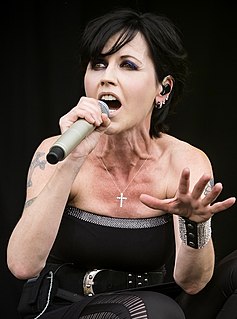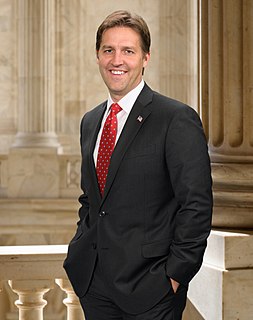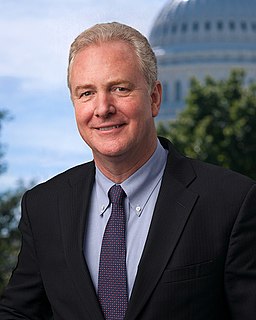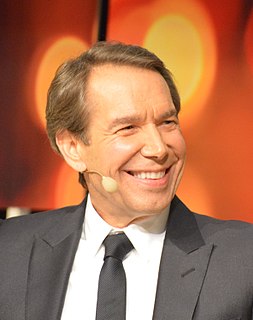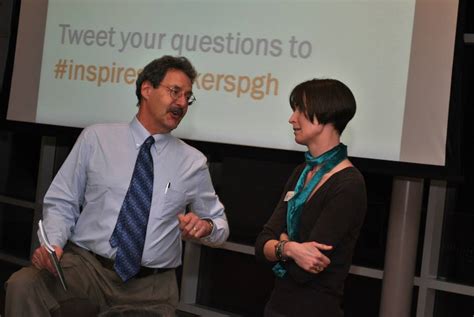A Quote by Kristin Armstrong
As my children leave the protected parameters of the bay called childhood and enter the wavier seas of adolescence, I'm starting to get seasick.
Quote Topics
Related Quotes
I find myself drawn to that period where children are about to leave childhood behind. When you're 12 years old, you still have one foot in childhood; the other is poised to enter a completely new stage of life. Your innocent understanding of the world moves towards something messier and more complicated, and once it does you can never go back.
One can imagine a time when men who still inhabit organic bodies are regarded with pity by those who have passed on to an infinitely richer mode of existence, capable of throwing their consciousness or sphere of attention instantaneously to any point on land, sea, or sky where there is a suitable sensing organ. In adolescence we leave childhood behind; one day there may be a second and more portentous adolescence, when we bid farewell to the flesh.
Adolescence is a relatively recent thing in human history -- a period of years between the constraints of childhood and the responsibilities of adulthood. This irresponsible period of adolescence is artificially extended by long years of education, much of it wasted on frivolities. Tenure extends adolescence even further for teachers and professors.


